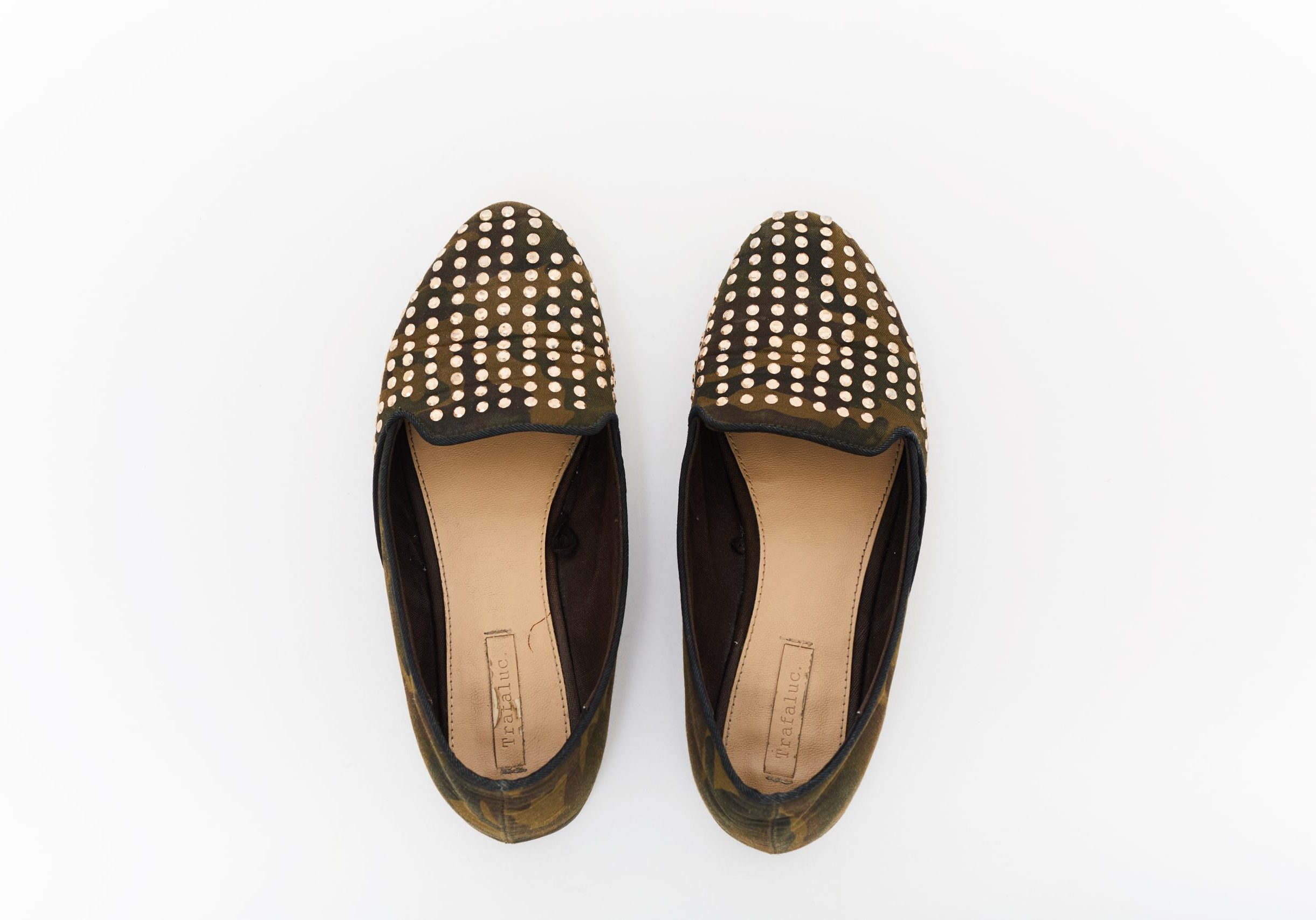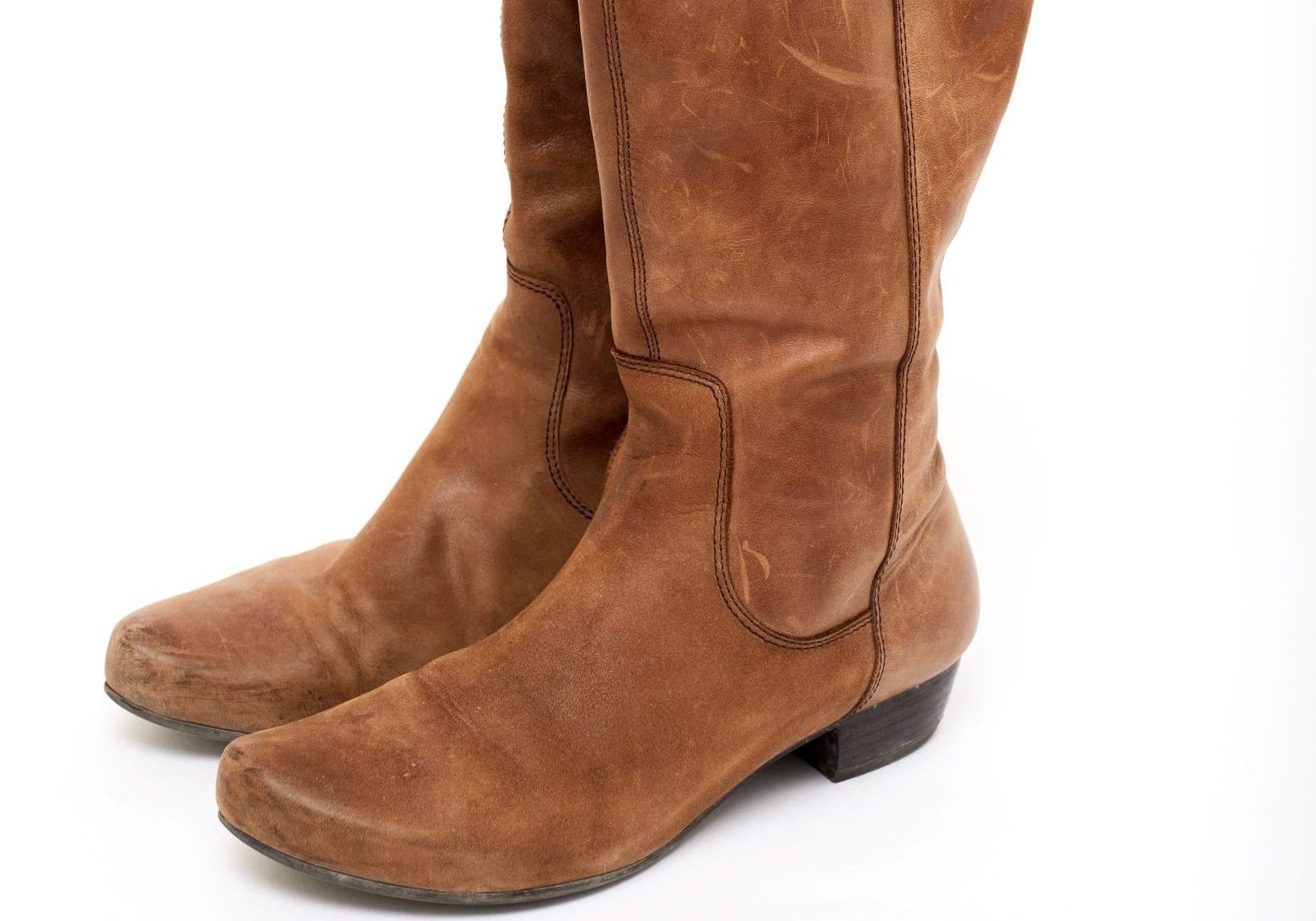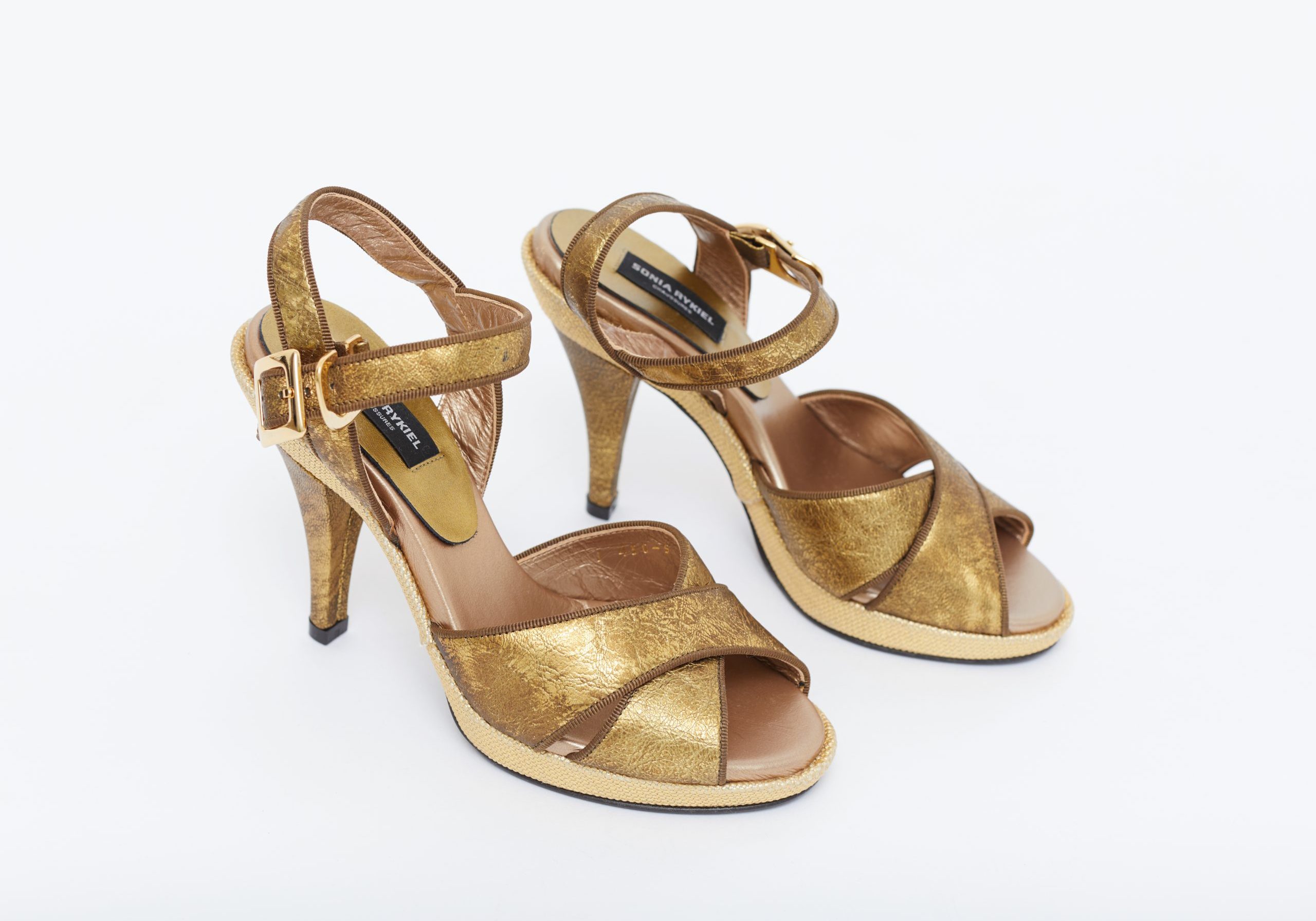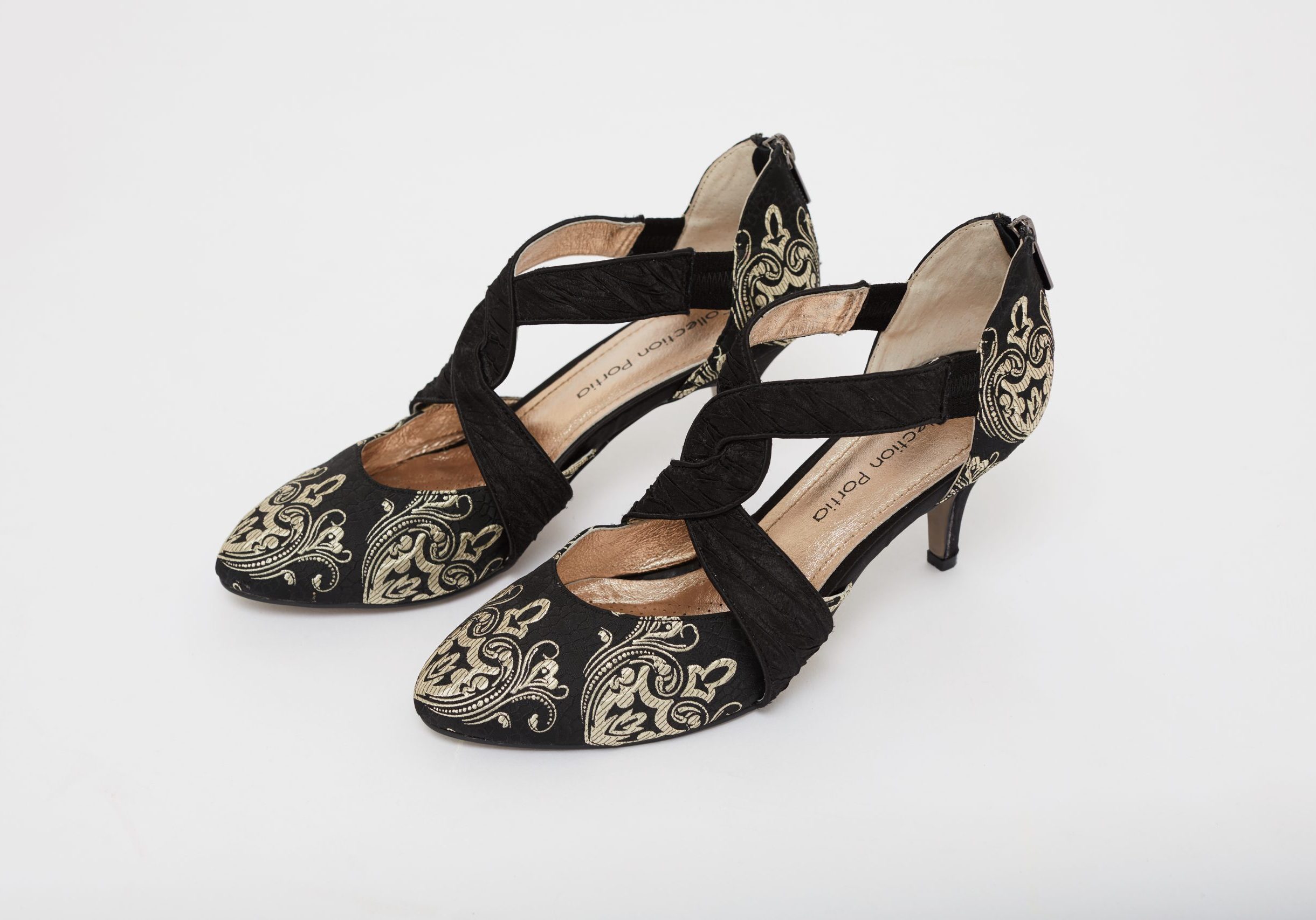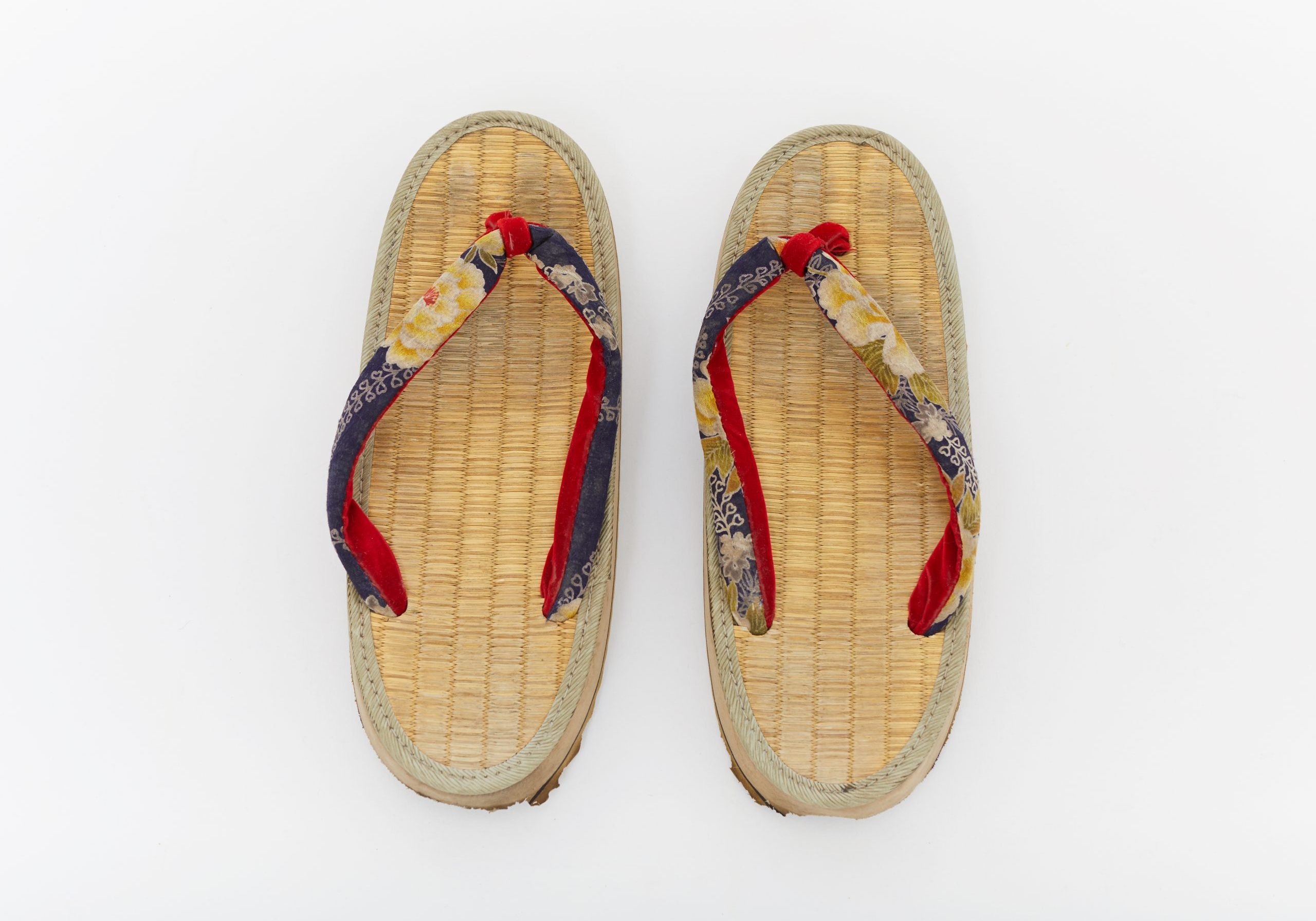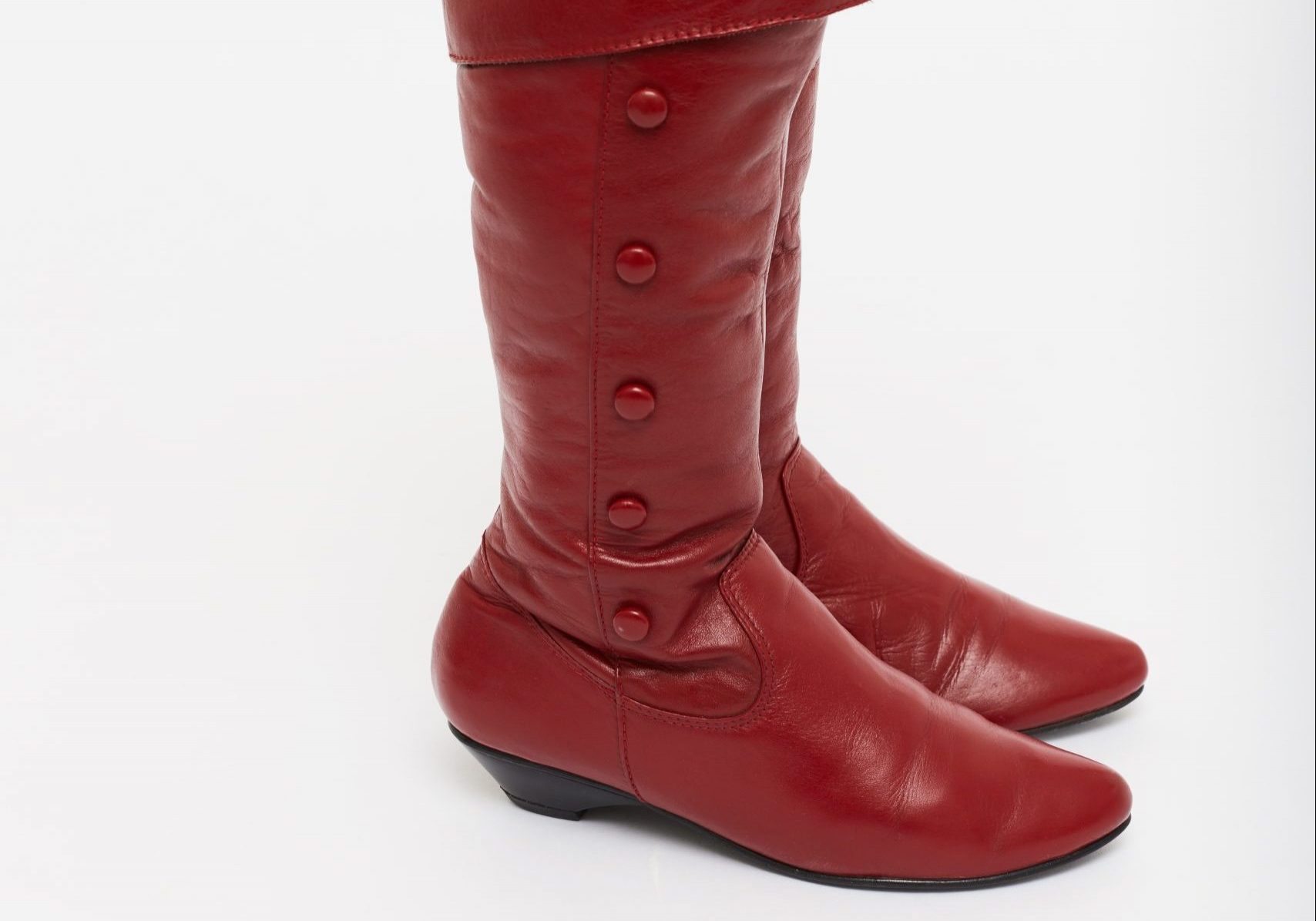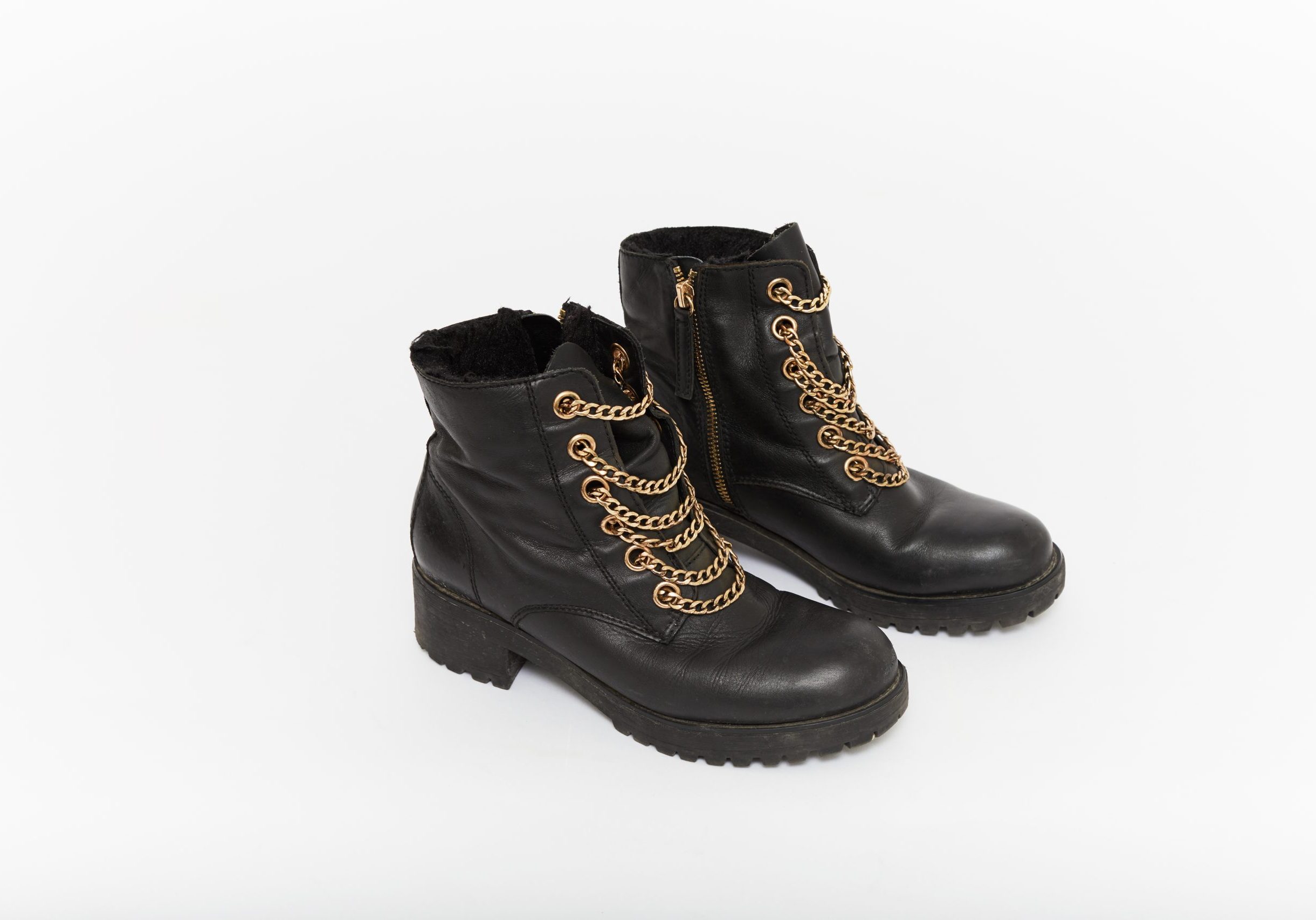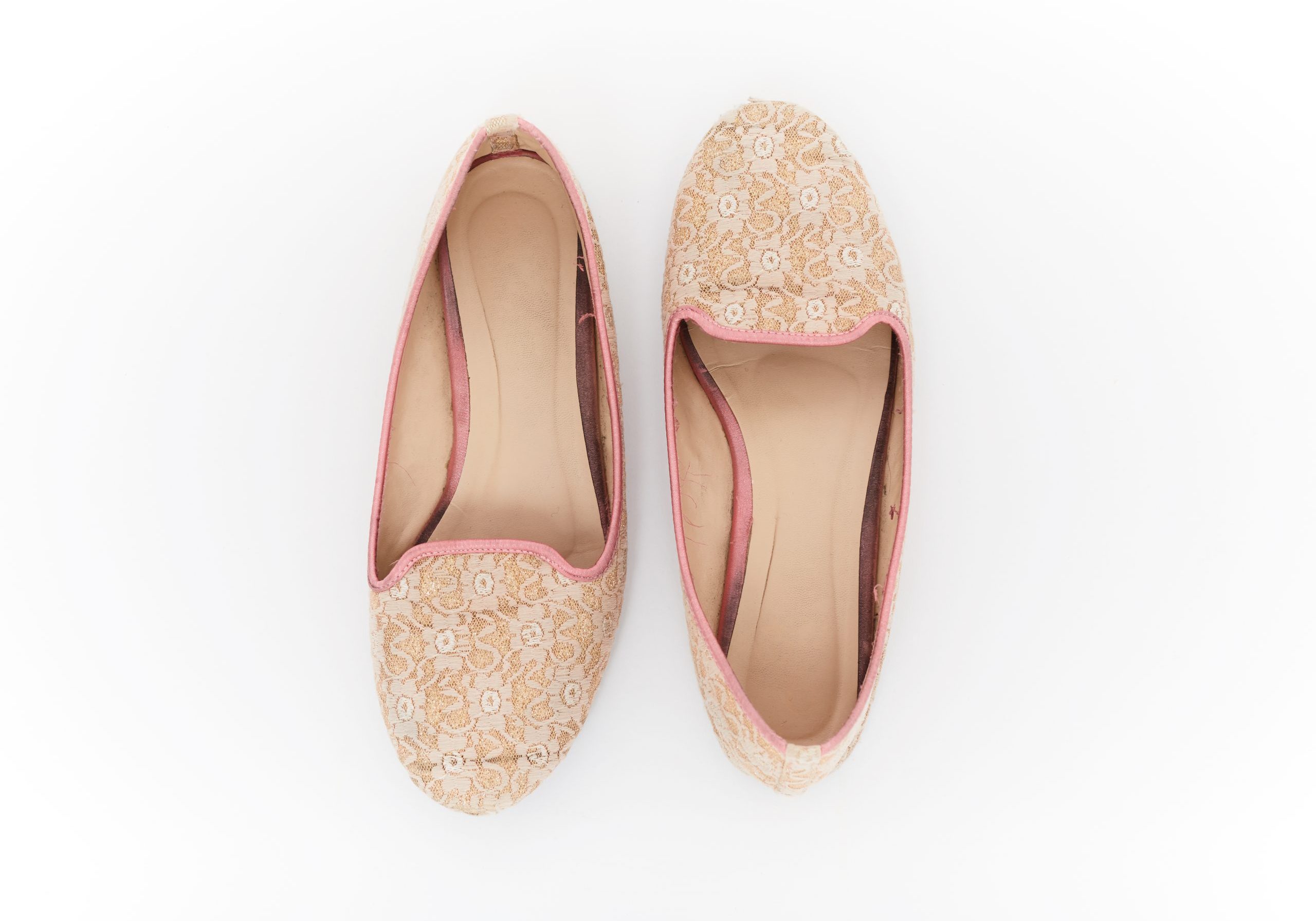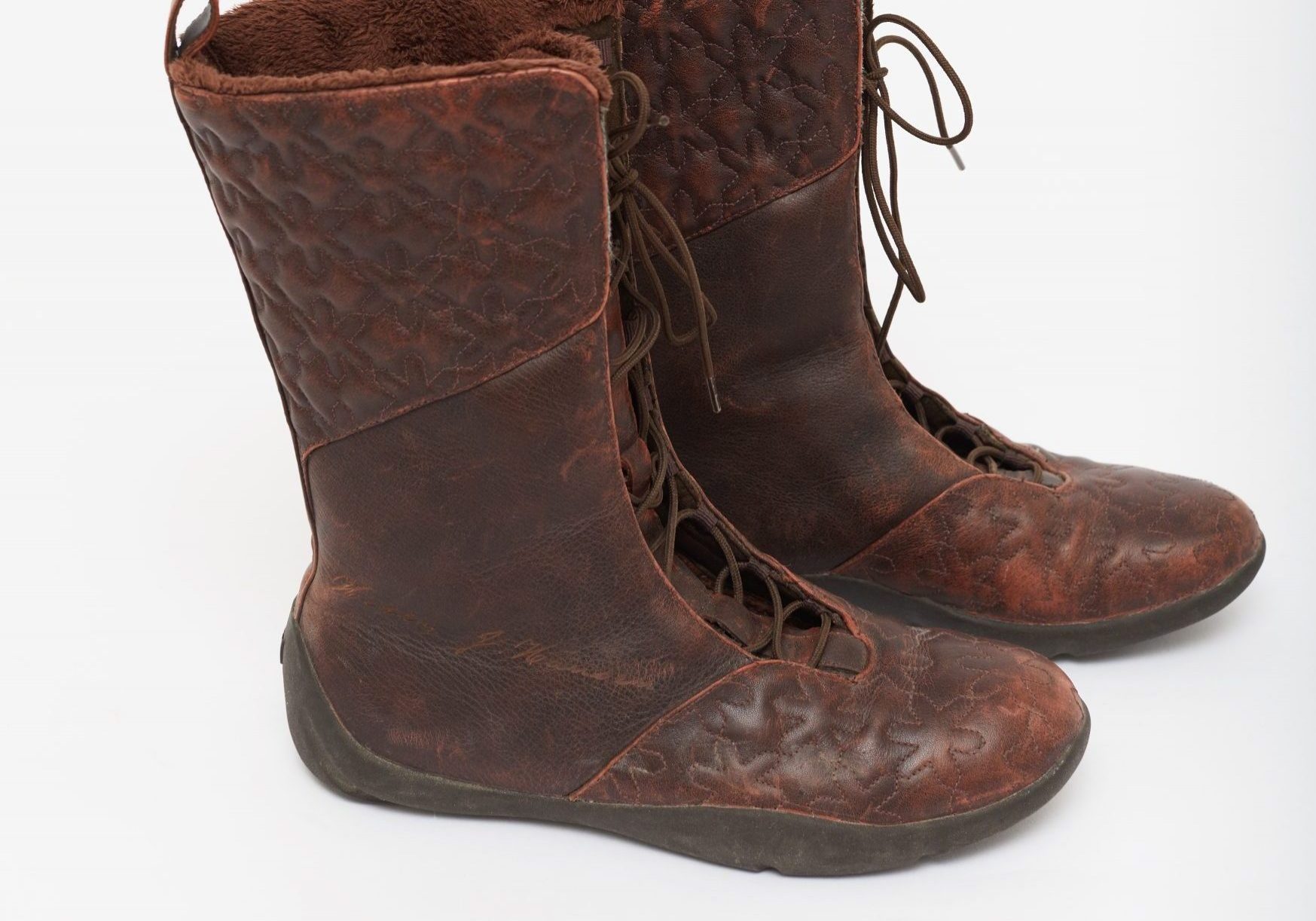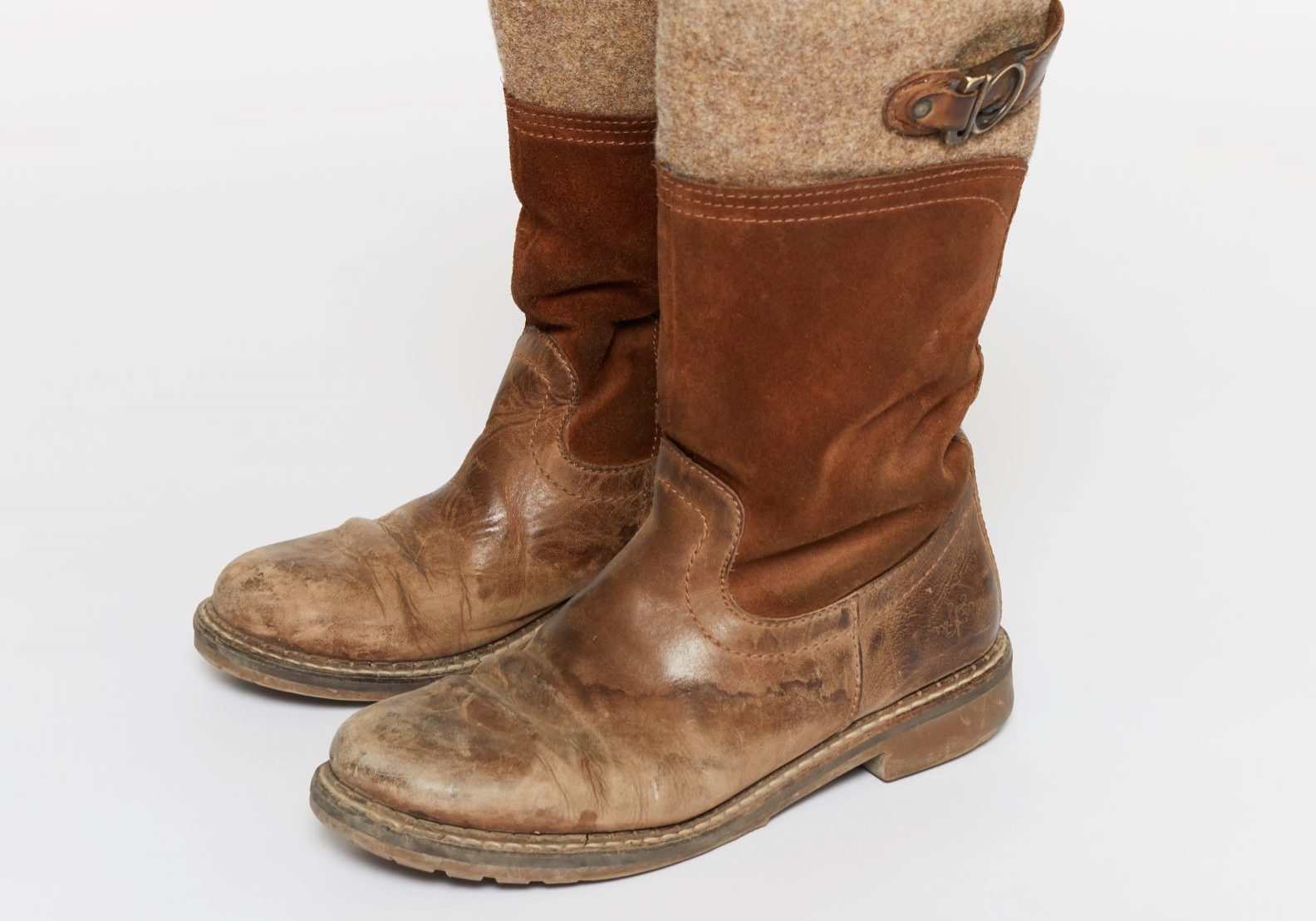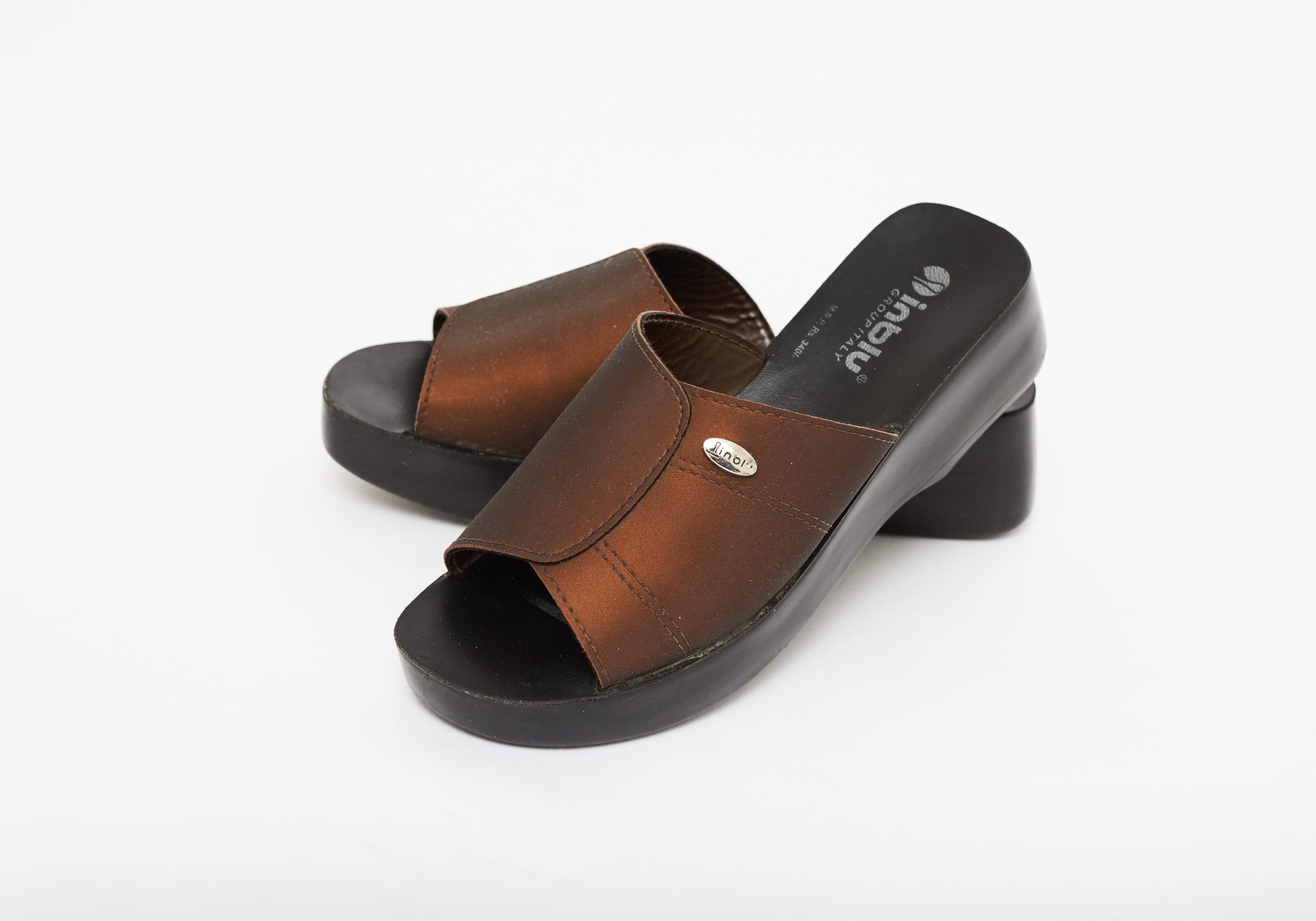Sky-Blue Silk
Noriko Ohsada (+Video)
Summary:
Although I loved Japan and its rich culture, I felt that I didn’t fit there. I didn’t want to wear the typical colour for my special kimono, and the matching slippers were too small. My mother experienced challenging times in her early life due to World War II and tuberculosis, but she found the spiritual strength to regain her life and passed it down to me. I wish I could have spent more time with my mother, but she is gone now. However, a pair of silk slippers are left with me.
Story:
In the Nara prefecture of Japan, where I grew up, the world’s oldest wooden temples are perfectly preserved. My mother taught me to appreciate these cultural treasures, part of the rich Japanese history.
But most of all, I adored traditional kimonos. Kimonos are full-length, multi-layered robes with long sleeves and a decorative sash used for formal occasions.
The best time to wear them is on Seijin-no-hi, a national holiday to celebrate becoming an adult, which in Japan is twenty years old. I chose glittering sky-blue silk for my kimono—one of a kind, not the typical lucky red or conservative soft pink colour. I didn’t want to blend in. With my taller-than-average height, I felt like a star. My mother was happy with my choice; I want to believe…
But there was one problem. The beautiful silk slippers that matched my kimono were too small for my rather big feet. They are constructed like flip-flops, so I could still wear them, as long as I didn’t mind my heels and toes hanging over. I would just hide my oversized feet under the layers of the skirt. It’s an uncomfortable secret to keep when you want to be a part of a culture where petite size is considered modest and decorous.
My mother was born in 1934, spending her juvenile years were spent in the Second World War. She remembered the cruel laughing face of an American Grumman Fighter pilot who targeted her with a machine gun. She fell into a rice field ditch and escaped the bullets. When she first told me that story, I dreamed of the vivid scene over and over again.
As a child, my mother suffered from tuberculosis. She was housebound for many years and couldn’t even graduate middle school. Her family sold the furniture to buy Streptomycin, a powerful antibiotic imported from the U.S. America tried to kill her once but saved her life later.
My mother’s spiritual strength helped her to regain her life. The story of her suffering, and her healing, gave me the strength to tackle my country’s high standards and competition. In 1991, with her courage and wisdom, I left Japan and started my new life in Canada.
Twenty-four years later, and only three weeks before I was to visit her, I received the news of my mother’s passing. I was 9,000 km away, but I made it to her vigil and funeral in Japan in twenty-four hours. The night after the funeral, in front of the tiny wooden box wrapped in white silk, I begged her to accept my apology and to answer my questions: I’m sorry, Mother, I couldn’t come in time to see you. Did I make you lonely or sad? Mother, why didn’t you wait for me? If you had stayed alive for another three weeks, I would have been beside you. I wanted to know more about your life, and it’s all lost now.
These are the slippers my mother gave me so many years ago. I wonder if she ever realized that they were too small for me? They are made of festive golden silk with traditional motifs of cherry blossoms and chrysanthemum with perfect symmetry. The front is oddly narrow for elegance; the straps are decorated with solid gold and matching silk piping. The heels are elevated for special occasions. They are not soft at all but delicate at the same time. I put them on my palm and marvel at them, wondering about my mother’s untold stories.
NORIKO OHSADA immigrated from Japan in 1991 and built a family of three daughters with her husband, Kaoru. She is a Japanese calligraphy artist and works part-time in the accounting field. She is currently exploring her love of writing.
Watch the Performance
Read Other Stories from this Author
The Forgotten Box
25 years after immigrating to Canada, Noriko Ohsada finds her long-forgotten, old Japanese dress shoes in the closet and...
Her Shoes, My Shoes
Meg wins silver medals for skating in the Special Olympics but does not qualify to go on. Her mother, Noriko Ohsada, is...
Meg's White Skates
Noriko Ohsada has newly arrived from Japan when her first baby is born. When she learns that baby Meg has Down’s Syndrome...
